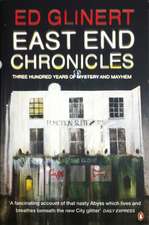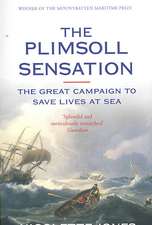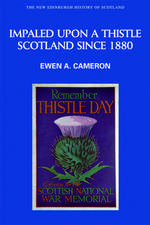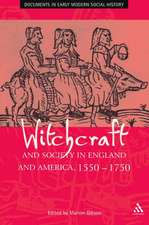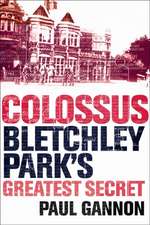Tyntesfield in WWII
Autor Michael Boyceen Limba Engleză Paperback – 12 noi 2012
Preț: 124.02 lei
Nou
Puncte Express: 186
Preț estimativ în valută:
23.73€ • 24.52$ • 19.74£
23.73€ • 24.52$ • 19.74£
Carte tipărită la comandă
Livrare economică 15-21 martie
Preluare comenzi: 021 569.72.76
Specificații
ISBN-13: 9781781320716
ISBN-10: 1781320713
Pagini: 208
Dimensiuni: 156 x 234 x 11 mm
Greutate: 0.3 kg
Editura: SilverWood Books
ISBN-10: 1781320713
Pagini: 208
Dimensiuni: 156 x 234 x 11 mm
Greutate: 0.3 kg
Editura: SilverWood Books
Notă biografică
Michael Boyce was born in Stapleton, a suburb of Bristol, in 1936. He and his wife now live in a village in South Gloucestershire, his grown-up son and daughter having long since left the family home to set up their own. As a structural engineer, he worked for consulting civil engineers and latterly a construction company, and in the course of his work wrote many reports and a number of technical papers. In 1998 he set up his own structural engineering consultancy practice, eventually retiring in 2009. Like many men of his age, he lived his early years through the Second World War, and now enjoys reading about the politics of warfare and the exploits of those who fought in various conflicts. He remembers seeing ambulance convoys passing his home, carrying wounded to the American hospital at Frenchay, a few miles north of Bristol. Still living within a 'stone's throw' of the now NHS Frenchay Hospital, he read about its history, including the period when the Americans cared for their wounded, in a book written by a doctor who worked in the hospital after the war. Having always enjoyed writing, he believes that his wartime recollections, together with the Frenchay hospital history, provided the incentive to research the American hospital at Tyntesfield and its use after the war, and this book is the fruits of that research.


